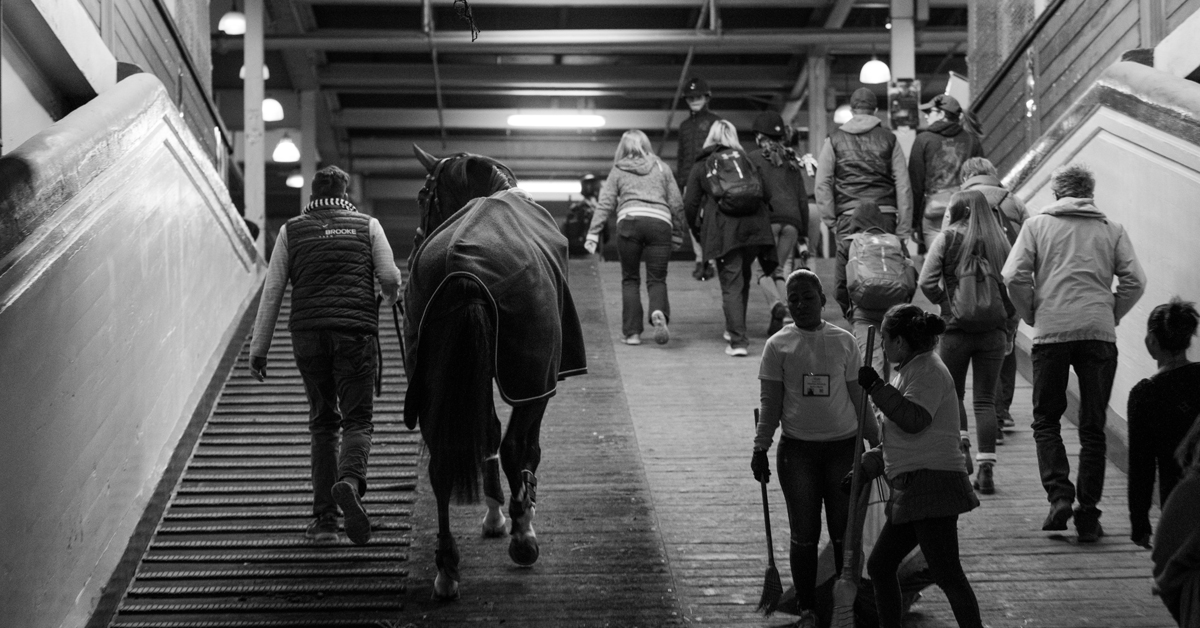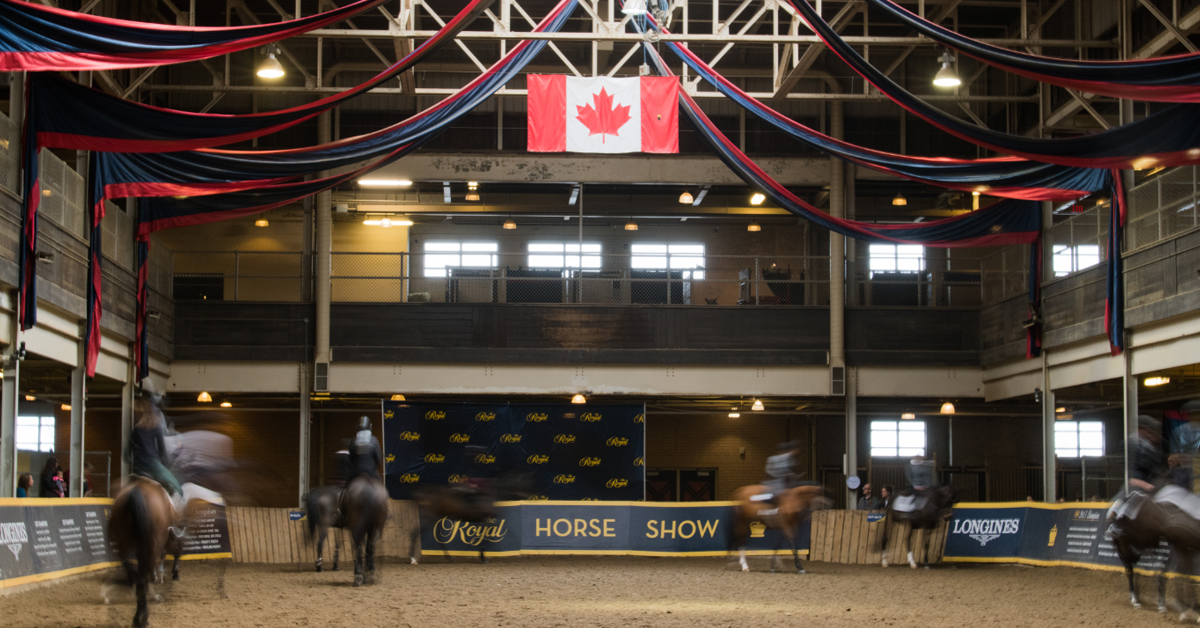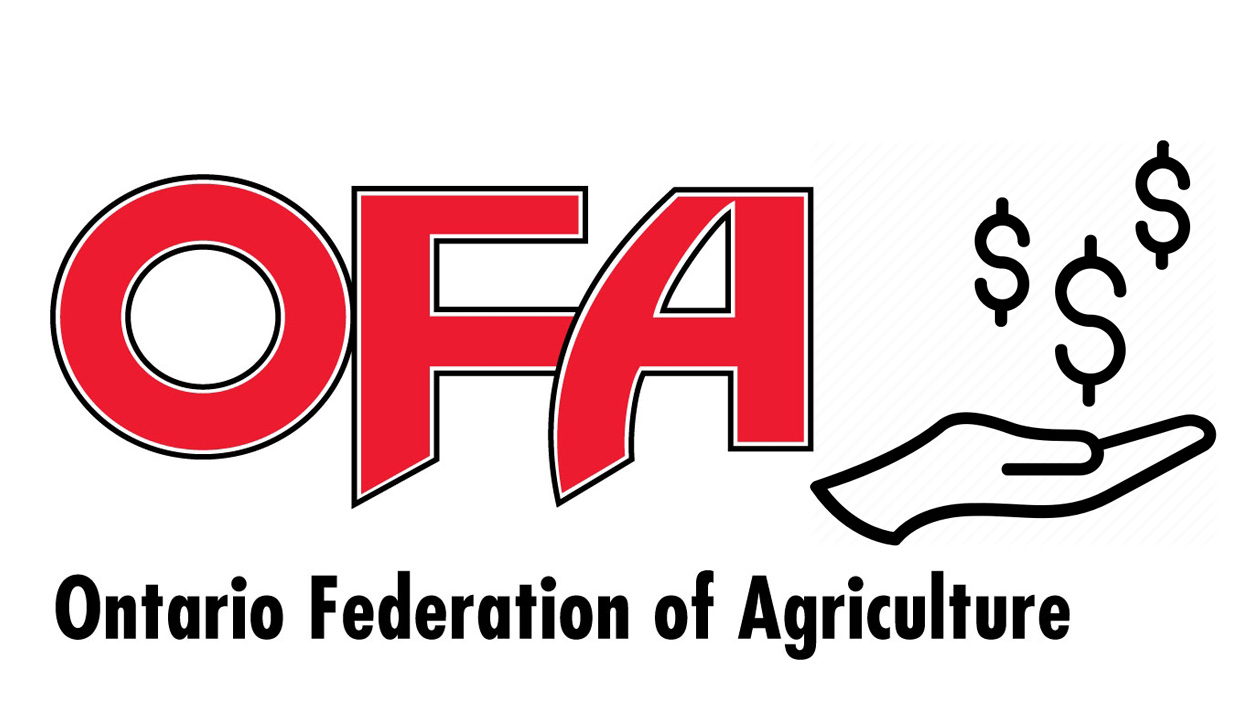A recent survey by the International Dressage Riders Club (IDRC) shows that a majority of dressage spectators consider subjectivity and lack of transparency in judging the biggest problems in modern international dressage.
On February 6, 2015, the IDRC released an internet-based survey designed to determine how international equestrian enthusiasts perceive current issues in the sport of dressage. A total of 3,254 responses were received, the majority of which constituted horse owners (42%) and competitors at recreational (26%), local (37%), regional (35%) or national (24%) level, while some also considered themselves spectators (32%) and trainers (30%). A smaller number of respondents were international riders (10%) or judges (12%). Participants were mainly female (91%), with an age range from 17 to 60+ years.
When attending dressage competitions 85% of the respondents enjoy watching the Freestyle the most, followed closely by watching the GP (80%). Similar to results of respondents who watch live, those individuals following competitions remotely also consider the Freestyle the most enjoyable (80%), followed by the Grand Prix (66%).
Both live and remote dressage spectators highlight several issues in dressage as problematic, with judging being considered by far the most serious problem. More than half of the respondents (58% live vs. 51% remote) consider subjectivity in judging the most significant issue, followed by lack of transparency in judging (50% live vs. 46% remote) and difficulty in understanding judging (30% live vs. 31% remote).
In response to the question of what respondents would like to change in the future, 67% of live and 59% of remote viewers would like more television coverage, while 57% (live) and 55% (remote) viewers would like a more transparent judging system, 52% (live)/41% (remote) would like real time scoring, and 52% (live)/48% (remote) less judging bias.
President of the IDRC, Kyra Kyrklund, says, “Developing a judging system that is accurate, transparent and easy to understand for everyone interested in the sport has become one of the most important issues for the future of dressage.”
Wayne Channon, Secretary General of the IDRC, adds, “Riders, trainers, officials and the public need to be secure in the knowledge that the best horse-rider combination has won – and importantly why they’ve won. This is about transparency – it is time that we move to displaying marks by judge in real-time at all major shows; that we adopt a Code of Points, and until we have, we should look at removing the outlying scores, both high and low, by movement.”
More from Horse Sport:




